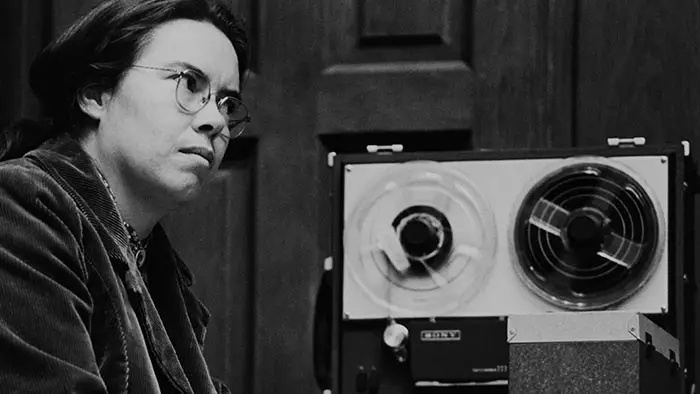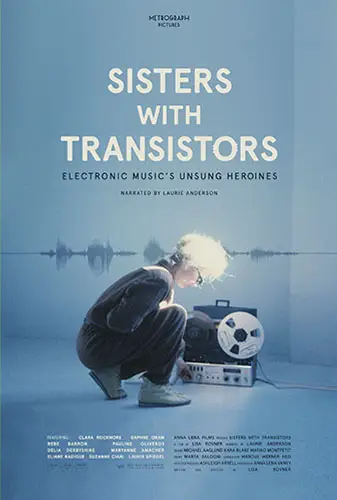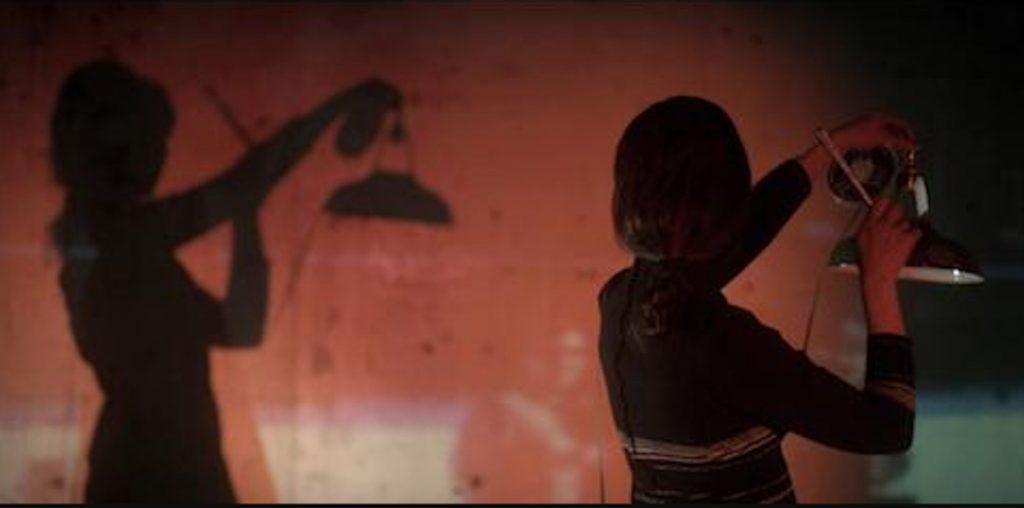
Back on the East Coast, Maryanne Amache pushed tones and distortion to ear-splitting levels with the goal of creating sounds that would be altered by the human ear. Wendy Carlos pushed classical music into the future by performing great Western compositions, which brought her to the attention of Stanley Kubrick and the soundtracks for A Clockwork Orange and The Shining. Suzanne Ciani battled the misogynistic music industry by making a living composing music and sounds for commercials before scoring The Incredible Shrinking Woman. Laurie Spiegel became an innovator of fusing synthesizers and computers, even writing her own software to develop the sounds she wanted.
Far from a straightforward biographical documentary, Rovner has woven the philosophies and approaches of these various composers into a fascinating, engaging narrative. Personal histories only come up when they relate to the process of composition, making this more of a lecture by groundbreaking artists about their ideas and practices. And you can’t help but hang on to every single word they say, hoping to glean that bit of alchemic knowledge because you know you will learn something profound.

“…can’t help but hang on to every single word…hoping to glean that bit of alchemic knowledge…”
Interestingly, several patterns emerge: all of these composers studied music and/or engineering and yearned to break from the confines of Western classicism; the majority of them favored Buchla synthesizers, and they all possessed a DIY ethic that allowed them to operate on their own terms without the unnecessary complications of the music industry. Truly, they are some of the most inspirational teachers you could want, and if you’re a synth nerd, you’ll watch the film over and over just to get something new each time.
While today’s great composers and experimentalists like Lea Bertucci, Lesley Flanigan, Pharmakon, and Alice Hubble may not be household names, they are much more widely accepted in underground music circles because of the monumental achievements made by the subjects of Sisters With Transistors. It certainly drives home the fact that you don’t need a penis to compose complex mind-expanding music. Perhaps one day, gender will cease to be an object of discrimination, but that day is still far off. In the meantime, we need warriors like these brilliant composers to wage war against a stacked patriarchal system.

"…you don't need a penis to compose complex mind-expanding music."


